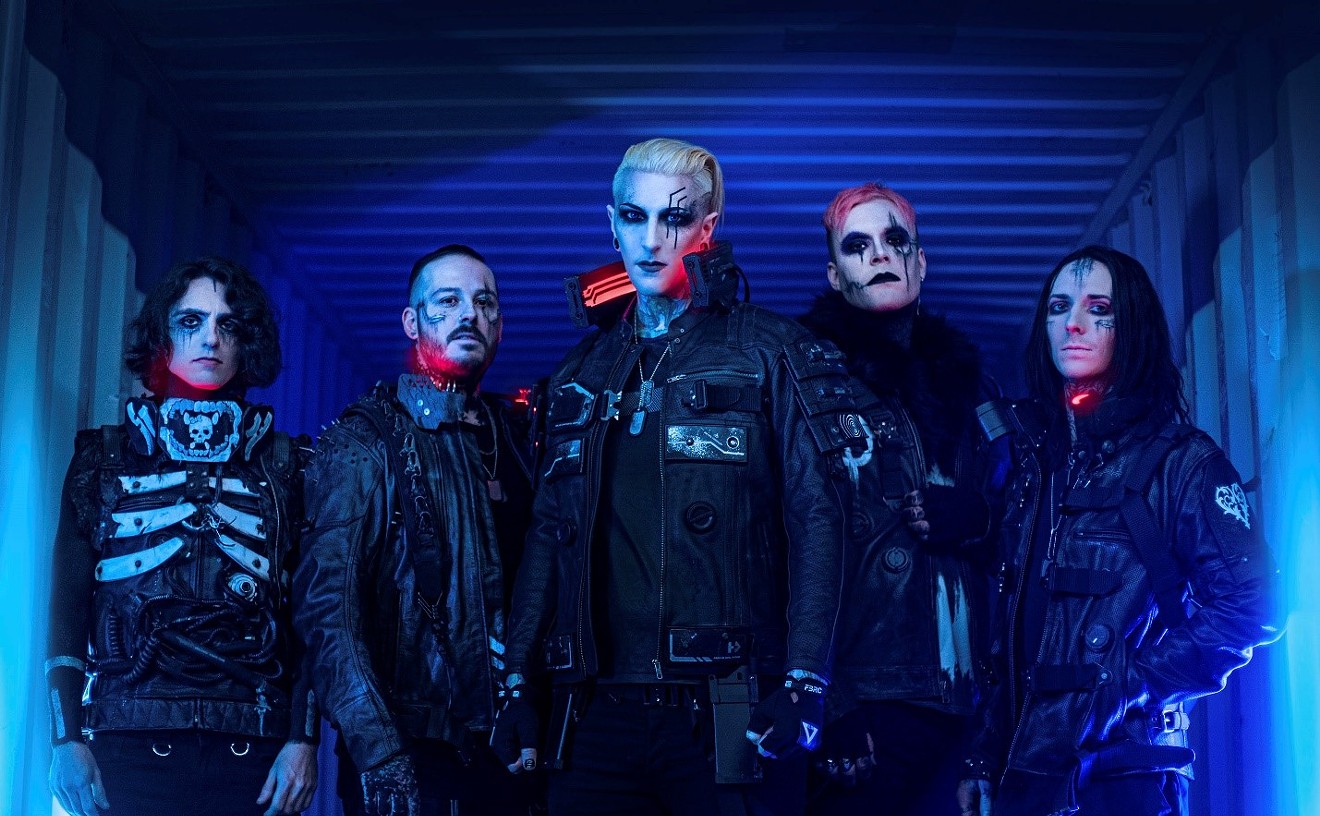Season 2 of the American version of The Office is my favorite TV show ever, and because I am a glutton for punishment, I've been using tonight's series finale mostly as an excuse to understand how old I and my tastes (and the DVDs I watched all those Jim and Pam moments on over and over) are getting.
For instance: When I think of the best years of The Office, two songs come immediately to mind. One is "Mambo No. 5," Michael Scott's increasingly sad paragon of coolness. The other is "Sing," by Travis, which Jim and Pam listen to (so poignantly) with one set of white iPod earbuds on a date they refuse to admit is a date.
The "Mambo No. 5" fad was an embarrassing six years old during Season 2 of The Office. That non-date aired seven-and-a-half years ago. If your musical self-identity was ever wrapped up, as Jim's is in the moment, with hunting down new music and downloading it (or ripping CDs!) to a big white iPod, you must confront this fact: Your new music is getting old.
This is not the first sign we've gotten. The Postal Service, the official band of sharing iPod headphones with someone you've got a crush on, came by Comerica Theatre on their reunion tour last month, bringing Jenny Lewis of Rilo Kiley along for good measure.
That was a sign we shouldn't have missed -- once it had become a conspicuously long time between Postal Service albums, the whole infrastructure of earnest, early-aughts indie music had been around for a conspicuously long time. Because this is a blog post, I have five more:
5. It was no longer weird to see The Arcade Fire on SNL
I was in college when The Arcade Fire landed on Saturday Night Live, and -- like most things a college student observes -- my friends and I took it as an essentially personal triumph. Finally! Real music! Then I think we played Gamecube for nine hours.
Leaving aside our intense smarminess about our own not-uncommon taste, it did feel good to see "Intervention" and know other people were hearing it. And then three years later they did it again, and it wasn't weird or especially exciting, because The Arcade Fire was now the kind of band that would appear on Saturday Night Live.
4. There is now cool-indie-sounding music and uncool-indie-sounding music
The Arcade Fire's ascension into the mainstream is part of a broader fact: "Indie" music, such as it ever existed, has won. It's what sells albums, if only because nothing else does; it's what influences even the most mainstream hit-maker types; and it's what "uncool" bands now sound like.
Like every other popular genre, indie rock turned out to be just a couple of steps from an almost-indistinguishable adult contemporary equivalent, a fact that occurred a little late to everybody who had just gotten done heralding Kings of Leon as important new outsider voices.
Be a little less oblique with your lyrics, dress a little sharper, shave the part of your chest exposed by your unnecessarily deep V-neck T-shirt, and you could play at the Grammys next year.
3. "Indie" people love pop.
We talked to Ra Ra Riot last week. Two albums removed from being the quintessential thoughtful college-rock band they're touring right now on this very dance-y album:
It's no longer surprising when an indie band declares its affection for a pop star, or the other way around - vwhen Kanye West puts Bon Iver on an album. It's only surprising now when they aren't excited about it. Influence has moved in both directions.
2. Everybody in the world has been struck by how meaningless "hipster" is
In 2006, linguistic arguments about the word "hipster" were restricted to a small subset of people who were either worried they'd be called hipster or worried they wouldn't be called hipster. In 2013, people use the word to mean basically anybody who has seen an Apple product, which has spread that same fruitless discussion to a much broader audience.
1. That Garden State trailer
They won't let me embed it, but I can link it -- it's that short one with Frou Frou in it. Man does it look like it came out in 2004.
At some point in the past four years, the debate over whether Garden State was good or sucked hardened into a conversation over whether you thought Garden State was good or sucked when people were having debates over it.
None of this really matters, though; the music is the same, and you can and should enjoy it for as long as you want. That was the problem with "indie" from the beginning. When you label music for some reason other than its sound -- the label it's on, the place it's from, the radio stations that play it--you're destined to be proven incorrect by time, and to have to come up with some new labels.
At the time I remember thinking of a lot of this music -- like Jim and Pam -- as New Music, above all else. Now it's just music I listened to when The Office was still on the air.









